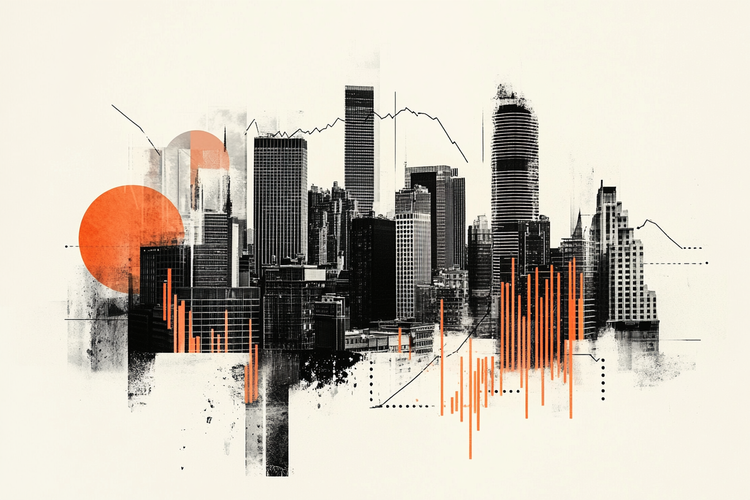Affected by food inflation, high default rates and expensive credit, retail continued its negative sales trajectory in August, stabilizing at a low level, pointed out Cristiano Santos, manager of the Monthly Trade Survey, from the Brazilian Institute of Geography and Statistics (IBGE). .
“We have three months in which there is no growth in Brazilian retail trade as a whole,” said Santos. “It’s stability in a bearish moment.”
The volume sold by retail trade fell 0.1% in August compared to July, with declines in three of the eight activities: Equipment and supplies for office, IT and communication (-1.4%), Other articles of personal and domestic use (- 1.2%) and Pharmaceutical, medical, orthopedic and perfumery articles (-0.3%).
There were increases in Textiles, apparel and footwear (13.0%), Fuels and lubricants (3.6%), Books, newspapers, magazines and stationery (2.1%), Furniture and household appliances (1.0%) and Hyper , supermarkets, food products, beverages and tobacco (0.2%).
In the expanded retail trade, which includes the activities of vehicles and construction material, sales fell by 0.6% in August compared to July. The Vehicles, motorcycles, parts and pieces segment registered a high of 4.8%, while Construction material dropped 0.8%.
The drop in fuel prices in July and August increased the volume sold by the sector at retail. Nominal revenue from the activity of fuels and lubricants had retreated 4.2% in July compared to June, followed by a new drop of 4.5% in August.
When discounting the drop in fuel prices, via the survey deflator, this performance turned into a 12.6% increase in volume sold in July and an increase of 3.6% in August.
The cut in fuel prices also boosted the retail result as a whole via deflator, as the National Consumer Price Index (IPCA), also calculated by the IBGE. recorded two months of setbacks.
Nominal revenue from restricted retail fell by 1.6% in July, followed by a drop of 0.3% in August, a result that changed, in terms of volume, to -0.5% in July and -0.1% in August.
If on the one hand inflation gave a truce in fuels, the increase in food prices still puts pressure on supermarkets, pointed out Cristiano Santos.
“It (inflation) still contributes to reducing purchasing power, the budget available to people for consumption”, he added.
Delinquency also continues to grow, and high interest rates stop the expansion of credit, forming a set of factors that keep retail “walking sideways” in August, explained Santos.
“These are factors that show at this moment that some fundamentals of the economy are influencing for a reduction of this consumption in volume”, he justified.
On the positive side, he mentions that there was an increase in the mass of labor income in circulation in the economy.
The increase in the amount paid by the government in Auxílio Brasil may also have helped the performance of supermarkets in August, confirmed Santos.
“That might have helped, yes. We do not have a clear follow-up of what was injected into the economy and the distribution of what was injected from this extra resource”, said Santos.
“These are some of the vectors that make this counterbalance in this trajectory of little dynamism of the economy in front of the retail trade”, he said.
Source: CNN Brasil
Joe Jameson, a technology journalist with over 2 years of experience, writes for top online news websites. Specializing in the field of technology, Joe provides insights into the latest advancements in the industry. Currently, he contributes to covering the world stock market.







